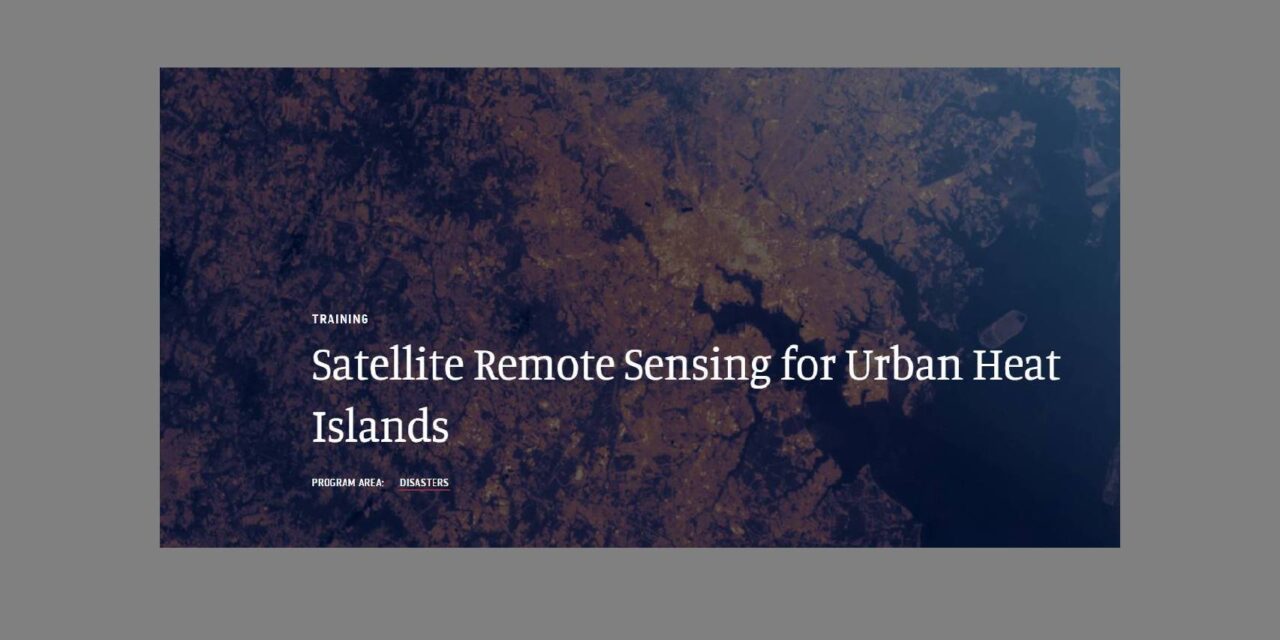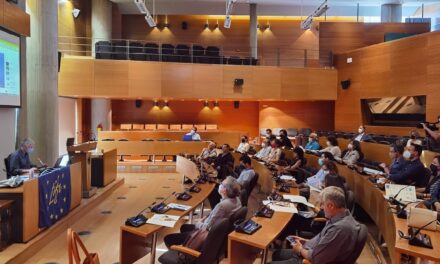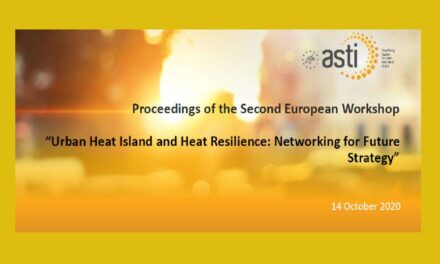The rapid growth of urban populations, the urban heat island (UHI) effect, and a potential increase in the frequency and duration of heat waves due to climate change, raise a series of issues about the increased health risks of sensitive urban populations to extreme heat and the effective means of mitigating impacts of heat waves. Urban heat islands affect energy consumption, elevate greenhouse gas emissions, and impair water quality by increasing the temperature of urban water runoff. ARSET Applied Remote Sensing Training Program of NASA Earth Science Applied Sciences in collaboration with the National Integrated Heat Health Information System (NIHHIS) and the Global Heat Health Information Network (GHHIN) organizes its first training on UHI.
This interesting training will address the use of remote sensing in determining where “hot spots” of land surface temperature are located in urban areas, why these areas are experiencing increased temperature, which populations are most vulnerable, and ways to mitigate the effects through adaptive land use planning.
Details: November 10, 2020 – November 24, 2020, language English, online training, level Introductory.
More info and registration HERE






